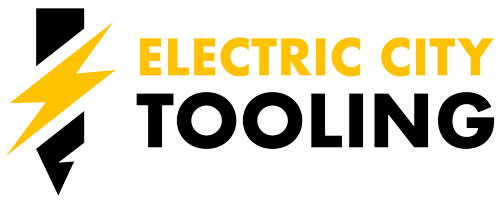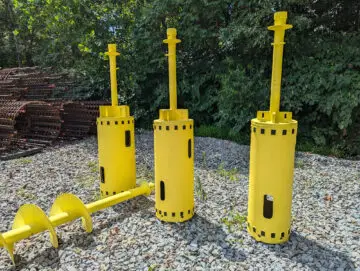Every construction business faces a common question: Should we rent tooling and equipment or buy it? The answer depends on factors like project needs, budget, and long-term goals. Let’s break it down with real data and insights.
When Renting Tooling Makes Sense
1. Short-Term or Seasonal Projects
If your project lasts a few weeks or months, renting is usually the smarter choice. Studies show that businesses using rental equipment for jobs under 12 months save up to 30% in costs compared to ownership.
2. Limited Budget or Cash Flow Constraints
Buying heavy equipment requires a big upfront investment. Renting keeps cash available for other expenses like payroll, materials, and unexpected costs. Reports suggest that renting can improve cash flow by 10-15% annually.
3. Equipment Used Less Than 60-70% of the Time
Industry benchmarks show that if a piece of equipment is in use less than 70% of the time, renting is more cost-effective. Idle equipment still costs money in maintenance, storage, and insurance.
4. Access to the Latest Technology
Newer models with better fuel efficiency and safety features hit the market every year. Renting allows companies to use the latest equipment without worrying about depreciation.
5. No Maintenance Costs
Owning means handling repairs, routine maintenance, and breakdowns. Rental contracts often include servicing, reducing downtime and surprise expenses.
When Buying Tooling is the Better Option
1. Long-Term, Frequent Use
If a machine is used over 70% of the time on projects, buying may be more economical. Studies show that businesses save up to 25% in the long run when they own high-use equipment.
2. Lower Cost Per Hour
Rental rates add up fast. For example, a backhoe may cost $2,000 per month to rent but only $60,000 to buy. If used daily for five years, owning cuts the cost per hour significantly.
3. Tax and Depreciation Benefits
Owning equipment allows businesses to claim depreciation and tax deductions, reducing taxable income. Section 179 of the U.S. tax code lets companies deduct the full cost of certain equipment purchases.
4. Full Control Over Equipment
Ownership means no delays waiting for rental availability. It also allows for custom modifications specific to your project needs.
5. Higher Resale Value
Well-maintained equipment holds value. Some construction companies sell machines after 5-7 years, recovering 30-50%of their initial investment.
The Hybrid Approach
Many businesses mix renting and buying. They purchase frequently used equipment (like excavators and loaders) and rent specialized or rarely used machines (like cranes or trenchers). This strategy balances cost, flexibility, and efficiency.
Final Thoughts
Before deciding, calculate total costs, including maintenance, storage, and depreciation. Also, consider project timelines and financial flexibility. With a data-driven approach, construction businesses can make smarter decisions that save money and increase efficiency.
Need help finding the right tools? Electric City Tooling offers expert advice and flexible rental or purchase options to fit your needs. Contact us today!

